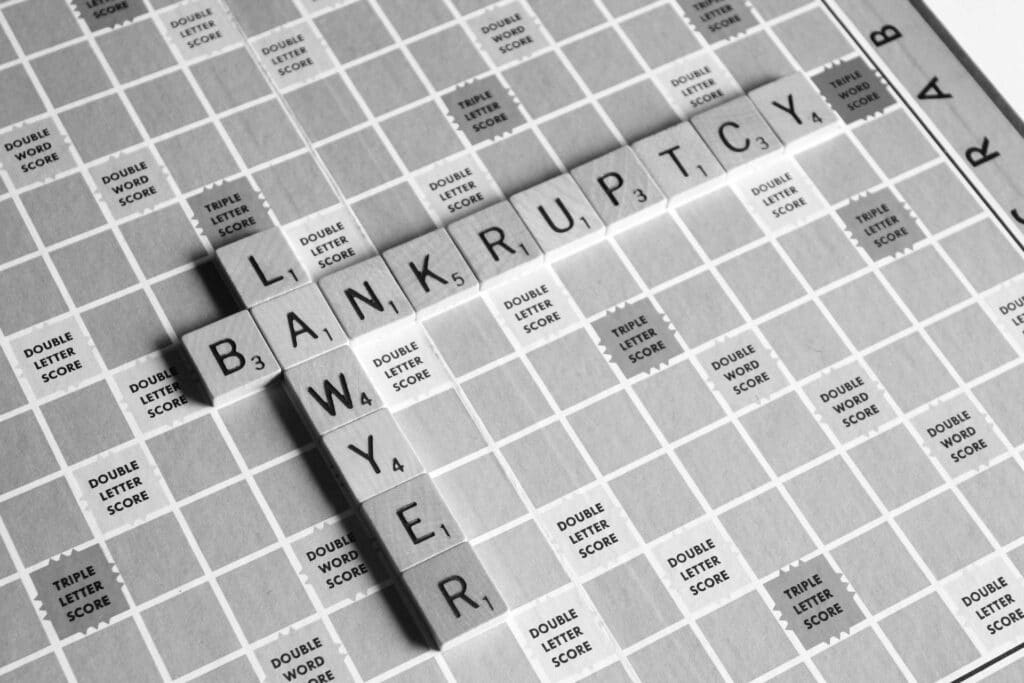
A Guide to IRS Tax Forms
Tax season can be a stressful time for many individuals and businesses. With the numerous forms and deadlines to keep track of, it can be

The prospect of filing for business bankruptcy may be intimidating and stressful for many New York business owners. While it may be difficult to come to terms with the financial

Understanding the benefits and complexities of Subchapter V in Chapter 11 Bankruptcy is essential for small businesses facing financial challenges. This latest addition to the bankruptcy code offers a streamlined

Bankruptcy is a legal process that a business can undergo to relieve itself from overwhelming debts. It's a process that allows businesses to restructure their finances and operations, or

Personal bankruptcy is a daunting prospect for anyone, especially for business owners. When you file for bankruptcy, you are essentially admitting to being unable to pay your debts. And

Bankruptcy is a legal process that can be a daunting experience for anyone facing financial difficulties. It involves a wide range of formalities and legal procedures that can often

Bankruptcy can be a complex and overwhelming process, with many legal procedures and terms that can confuse those unfamiliar. One such legal procedure is an adversary proceeding, a lawsuit filed

The decision to file for bankruptcy is never an easy one. Whether it's due to unforeseen circumstances or poor financial management, it can be a difficult time for anyone. However,

Small businesses are the backbone of any economy, but sometimes things don't go as planned, and the business may face financial hardship. When a business is struggling with debt an it

Subchapter V of Chapter 11 Bankruptcy is a relatively new addition to the United States Bankruptcy Code, introduced as part of the Small Business Reorganization Act of 2019. It is

Bankruptcy is an unfortunate reality that many businesses face. In its simplest terms, business bankruptcy is a process initiated by a company when it is unable to pay off its
Browse our collection of expert articles pertaining to new york sales tax, ny state tax refund,
ny state income tax, and other
tax in new york topics.

Social Security benefits serve as a vital source of income for many retirees. As individuals near their golden years, understanding the nuances of Social Security taxation becomes crucial. In this

Are you a resident of the Sunshine State wondering about your state tax obligations? Understanding whether you need to file state taxes in Florida is essential to ensure compliance with

In a world where state income taxes are the norm, Florida stands out as a haven for residents seeking a reprieve from this financial burden. The Sunshine State has gained

Social Security benefits serve as a vital source of income for many retirees. As individuals near their golden years, understanding the nuances of Social Security taxation becomes crucial. In this

Are you a resident of the Sunshine State wondering about your state tax obligations? Understanding whether you need to file state taxes in Florida is essential to ensure compliance with

In a world where state income taxes are the norm, Florida stands out as a haven for residents seeking a reprieve from this financial burden. The Sunshine State has gained
Real Estate Abandonments & The Means Test
French Investment in US Real Estate
Real Property Transfers and Bankruptcy Tax Exemptions
Offers –in-Compromise with the IRS
Overview of the Automatic Stay
Chapter 11 for Individuals with High Tax Debt

If you are having financial or tax issues call
If you need help with your small business matters

Tax season can be a stressful time for many individuals and businesses. With the numerous forms and deadlines to keep track of, it can be

New York is known for its bustling city life, iconic landmarks, and diverse culture. But for those who live and work in the state, it’s